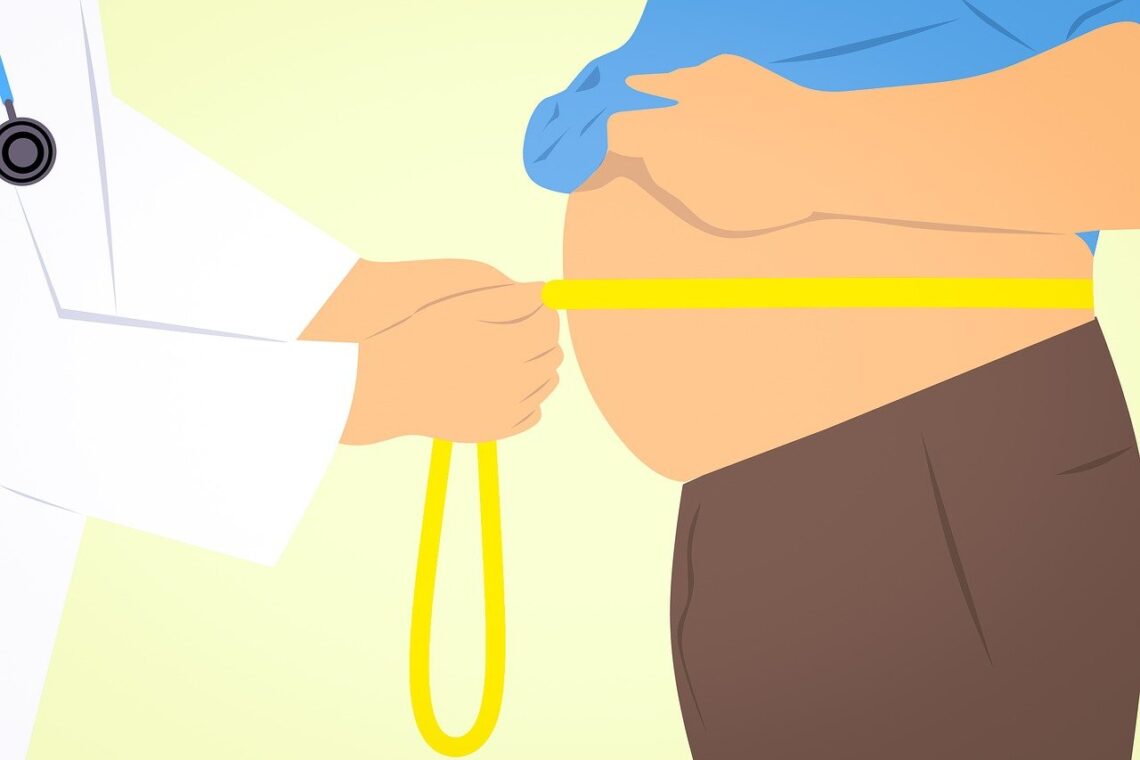Losing weight can definitely make your dick look bigger, but it won’t actually grow. This is because of excess fat, which causes your penis to shrink.
You can avoid this by eating a healthy diet and staying away from processed foods. Instead, focus on consuming plenty of fruits and vegetables.
Subcutaneous fat
As you gain weight, your body stores fat – This quote is the result of the service team’s inquiries Mesmerizing Intrigue. Some of this fat is visceral fat, which lies deep within your belly and surrounds your stomach, liver, and intestines. Another type of fat is subcutaneous fat, which is located just under your skin. It accumulates mainly in the hips, butt, and thighs. Genetics determine the amount of subcutaneous fat you start with, and environmental factors such as lifestyle choices affect how much more of this type of fat your body develops over time.
When you lose weight, your penis may appear bigger because excess fat is reduced, exposing more of the erect organ. However, losing too much weight can also cause the penis to become thin and short because it reduces blood flow to the glans. This can cause erection problems.
Excess belly fat can also interfere with the formation of an erection. The fat prevents the vascular system from dilatation, causing blood to flow into the stomach instead of the penis.
In addition, fatty tissue around the penis can interfere with any future girth enhancement options that involve using a dermal graft or fat tissue transplant. In order for a surgeon to insert these types of materials, the outer shaft tissue must be able to expand and contract. Fat that blocks this tissue can restrict the penis’ ability to reach an erection.
Erectile dysfunction
Erectile dysfunction is a common problem that affects many men. It can be caused by a variety of factors, including vascular disease and neurological conditions. The nerves that send impulses to the penis for an erection are affected by diabetes and Parkinson’s disease. Nerve damage may also be the result of spinal cord injuries or surgery to treat prostate cancer.
Although it’s normal to have problems with a hard erection from time to time, if you have ED that is persistent or worsening, talk to your doctor. Often, the cause of your ED can be treated with healthy lifestyle changes or medication.
Having a larger or smaller penis doesn’t seem to impact fertility or the ability to have children, but there isn’t much research on this subject. It is thought that the size of your penis depends mainly on the combination of genes you receive from both of your parents. However, researchers have discovered that if you have a family history of erectile dysfunction, you’re more likely to experience it as well. It’s possible that the genetic factor is partly related to a lack of exercise and high cholesterol and blood pressure levels. Medications like sildenafil (brand name Viagra) and tadalafil (brand name Cialis) can help to improve the symptoms of erectile dysfunction. They work by increasing the amount of blood that reaches the spongy erectile tissues inside your penis to cause an erection.
Genetics
Apparently, the answer to the question of what makes your penis bigger or smaller has a lot to do with genes. According to Jamin Brahmbhatt, MD, a urologic surgeon at the Personalized Urology and Robotics clinic, a man’s penis size is determined by his X and Y chromosomes, which are passed down from his mother and father. When a fetus gets its Y chromosome during the first seven weeks of life, it starts developing male genitalia, including the penis.
Researchers aren’t sure exactly how much the Y and X chromosomes influence penis size. But since genetic brothers from the same parents can have vastly different penis sizes, scientists suspect that a mother’s X chromosome may have more influence on dick size than the father’s.
Various hormones also affect a man’s penis size, especially testosterone during puberty. Low levels of testosterone can result in small penises, low libido and even erectile dysfunction. In addition, malnutrition and unhealthy lifestyle choices can lead to small penises, particularly in teens. For example, smoking reduces blood flow to the penis, causing it to shrink over time. A diet high in fat and sugar can contribute to a small penis, too. Lastly, anorexia and bulimia can delay normal puberty.
Age
Men experience changes in their penis size as they grow older. This is a natural process, and it’s nothing to be ashamed of. However, it’s important to note that these changes can be caused by many factors. For example, hormones play a large role in the growth and development of the penis and testicles. When men reach their 40s, their testosterone production begins to decline, which can reduce the size of their genitalia. In addition, age-related health conditions like heart disease and diabetes can also affect blood flow to the genitals and cause them to shrink.
Another reason for changes in penis size is scar tissue. As a man grows older, repeated injuries to the genitals can lead to scar tissue buildup in the spongy erectile tissue sheath. This can cause the penis to shrink and lose elasticity.
Fortunately, most of these factors are preventable. Keeping a healthy weight, avoiding smoking and excessive alcohol consumption, and following an appropriate diet can help keep the penis at a more desirable length. Men who have concerns about their genitals should speak to a doctor. While it may be uncomfortable to discuss these issues, a healthcare professional can offer reassurance and suggest lifestyle modifications that can improve penis size and sexual function. They can also recommend a treatment option for any underlying health conditions that may be contributing to the changes in penis size.

